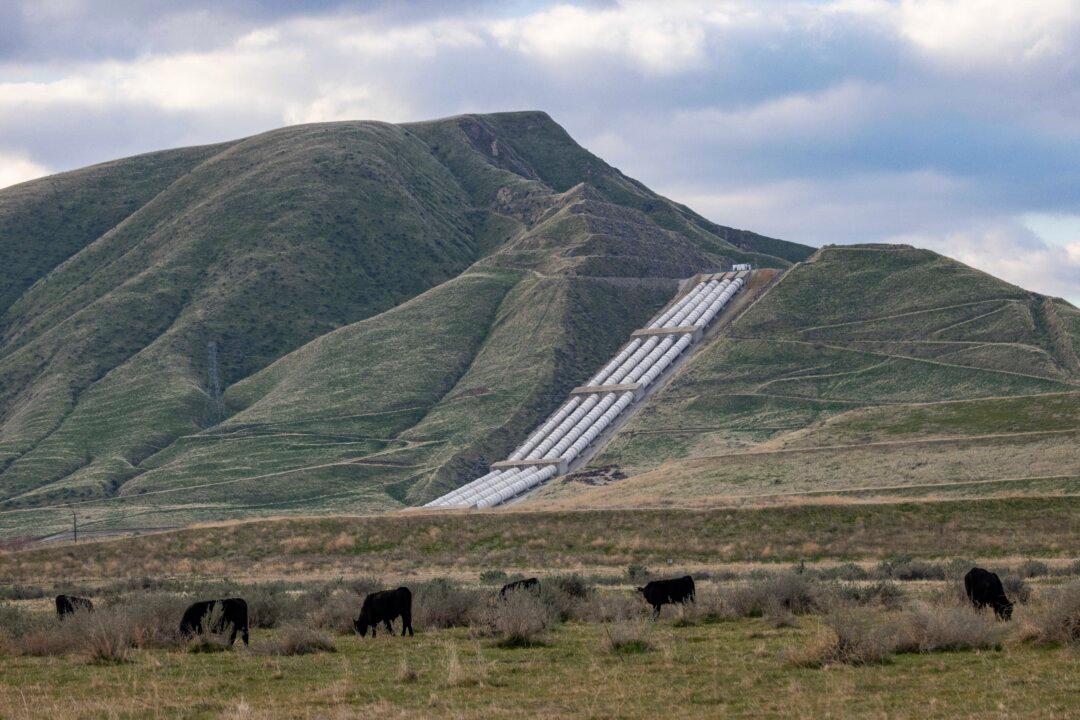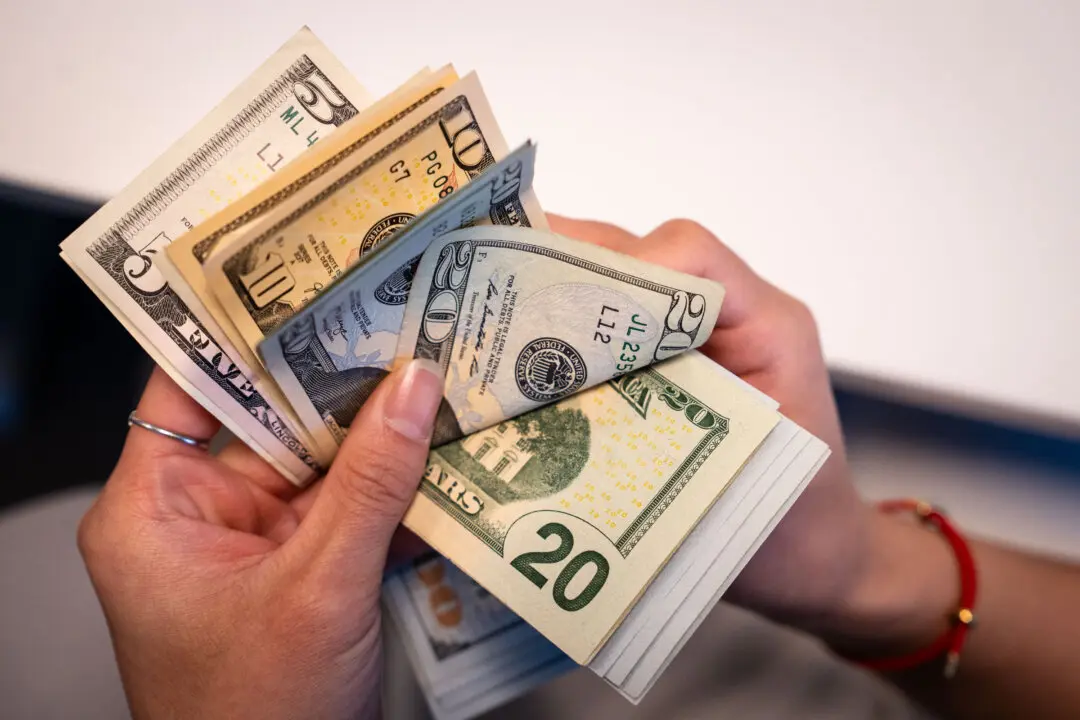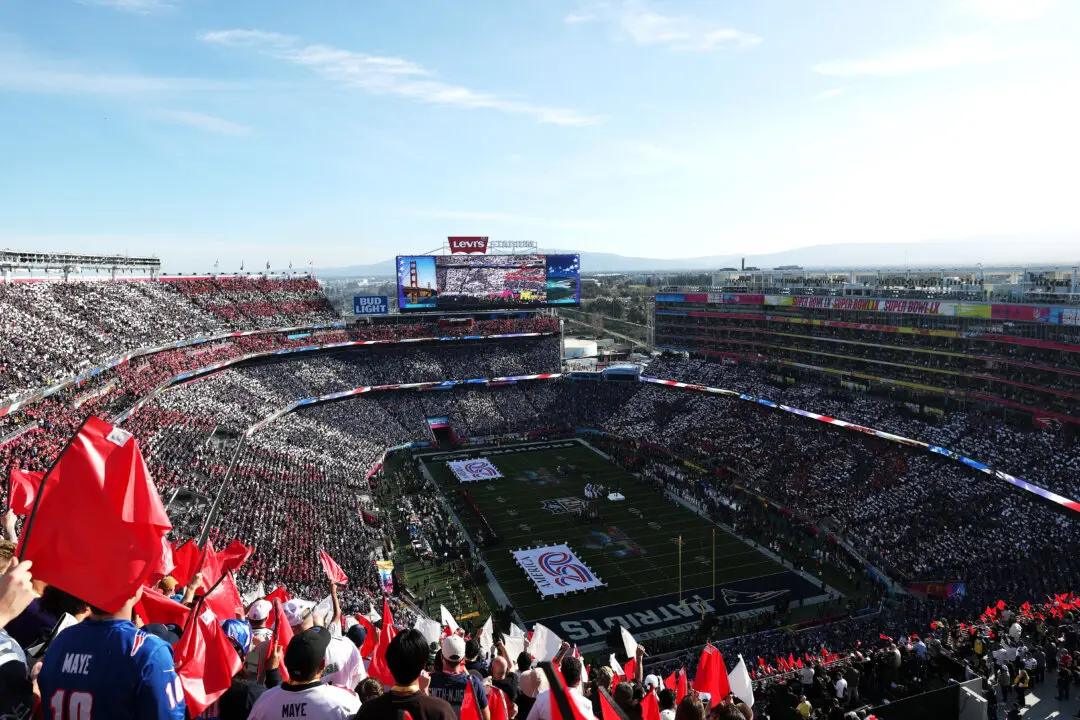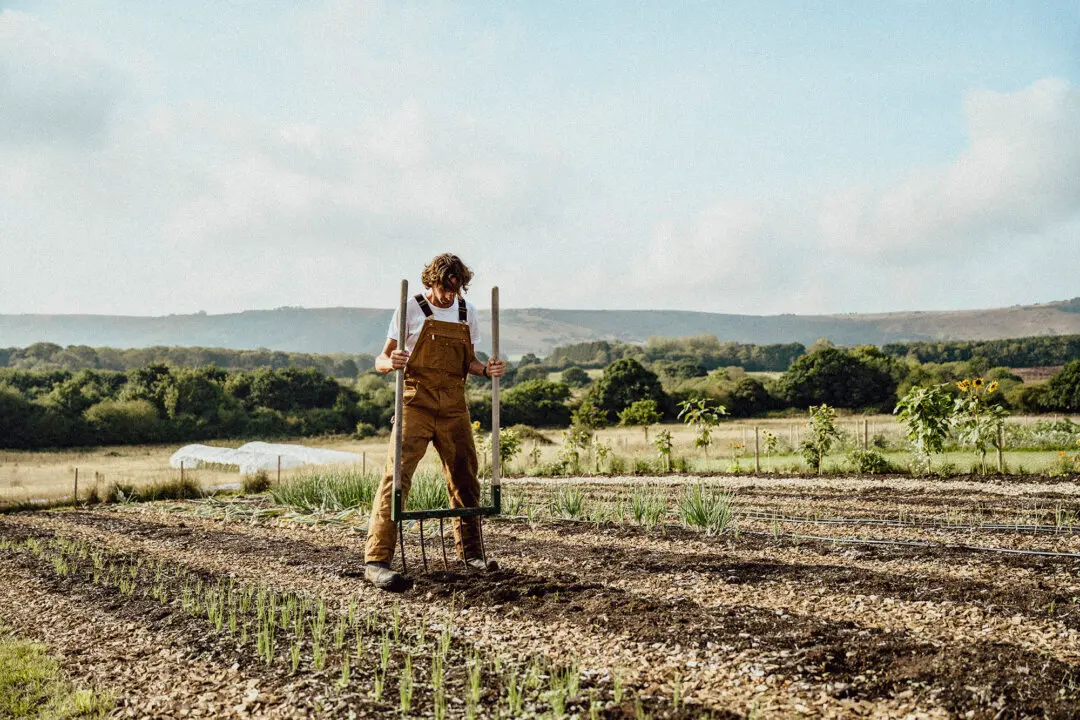Commentary
In 2014, California voters approved Proposition 1, setting aside $2.7 billion for water storage projects. They voted for dams. They voted for reservoirs. They voted to secure the future of their food supply. And yet a decade later, no shovel has broken ground.Instead, projects remain trapped in endless reviews, lawsuits, and regulations that seem designed to prevent progress rather than serve the people.





